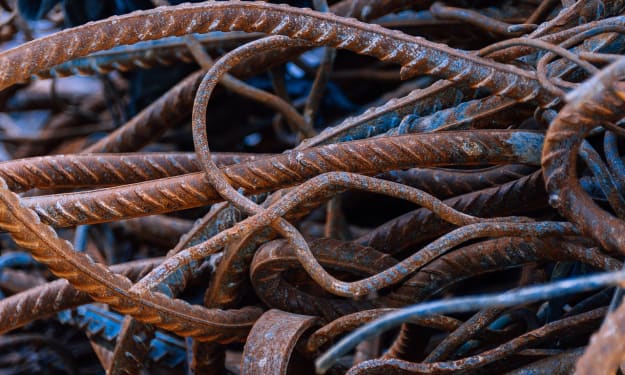
We spend a lot of time sleeping, but it's not wasted. Our brains need that rest as much as our bodies. During sleep, our brains can subconsciously think about problems. Let's take a quick look at what our brains are doing while we're asleep. This is the best-case scenario, as sleep doesn't always go as planned.
We spend a significant amount of our time sleeping, but it's not time wasted. Our brains need that rest as much as our bodies. During sleep, our brains can subconsciously mull over problems. Today, let's take a quick tour into what our brains are doing behind the scenes while we're asleep. This is the best-case scenario, as sleep doesn't always go as planned.
The body stops us from acting out our dreams by relaxing muscles and stopping motor activity. In REM sleep behavior disorder (RBD), the brain stem doesn't turn off motor neurons, so people can move a lot during their dreams. This can lead to accidents, especially for those who share a bed. RBD is treatable with medications like clonazepam and melatonin, but it's important for doctors to monitor it closely because it can be a sign of bigger changes in the brain.
The researchers found that many healthy individuals with RBD later develop neurodegenerative diseases. A study from 2009 tracked 93 RBD patients with no other signs of neurodegenerative disease. Over time, researchers noted that 52% of them developed neurodegenerative diseases within 12 years. Other studies have shown similar results. RBD has been identified in 24% of Parkinson's cases, 88% of multiple systems atrophy cases, and 76% of Lewy body dementia cases. These conditions are all alpha-synucleinopathies, caused by the buildup of alpha-synuclein in the brainstem, the same region affected by RBD. While the exact connection is still being studied, there seems to be a link between alpha-synuclein and the brainstem in RBD.
Understanding this link could provide more insight into these diseases. RBD can act as an early warning sign, alerting individuals to underlying issues years before full symptoms appear. While not everyone with RBD will develop these diseases, early treatment can be more effective. Studying RBD can offer valuable information about brain function and potentially help understand more common brain conditions.
1.illnesses it's great that we don't act out our dreams during rem sleep. Our brain releases chemicals during this stage to strengthen connections and improve memory. Some people remember their dreams vividly, while others struggle to recall them. Everyone dreams, but some are better at remembering. Scientists are still unsure why we dream, but they know that rem sleep is when we dream the most. During rem sleep, our brain is active, similar to when we're awake.
The limbic system, responsible for emotions, is also active during this stage. Your heart rate and blood pressure are similar to when you're awake, but your brain paralyzes your body to prevent acting out dreams.
Travel back down those pathways to help you remember the experience you were having when norepinephrine is present in your brain. It's always there when you're awake, but drops when you fall asleep. The amount of norepinephrine in your brain affects how well you sleep and your ability to form memories of your dreams. If you're a light sleeper, you're more likely to remember your dreams.
You can improve your dream recall by waking up slowly and trying to remember your dreams before you fully wake up. Drinking water before bed can also help you remember your dreams.
During sleep, you have exciting adventures. Norepinephrine is important in REM sleep and is produced in the same part of the brain as RBD. This is all connected. Dreams are strange because your brain creates elaborate scenarios while you sleep. Researchers are still studying dreaming and its significance in psychology. Scientists are unsure about how dreaming works, but it is linked to REM sleep. Dreams can help with learning and memory consolidation.
About the Creator
Enjoyed the story? Support the Creator.
Subscribe for free to receive all their stories in your feed. You could also pledge your support or give them a one-off tip, letting them know you appreciate their work.





Comments
There are no comments for this story
Be the first to respond and start the conversation.